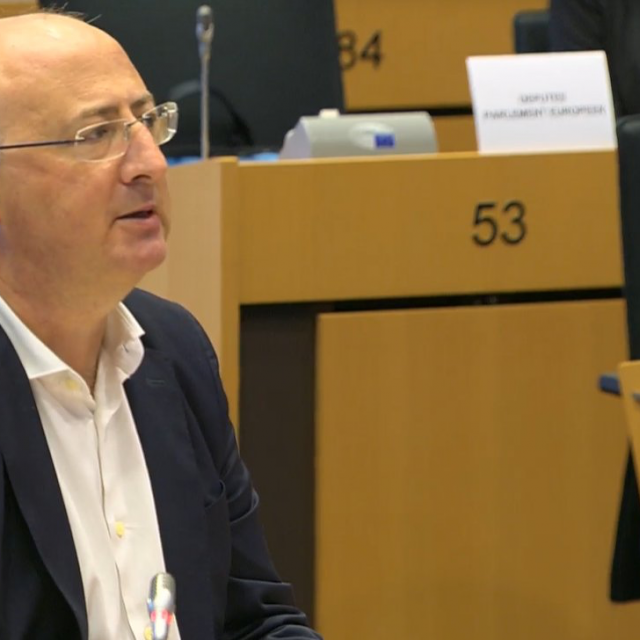Photo by Joshua Rawson-Harris on Unsplash
The EU Commission has welcomed the political agreement reached between the European Parliament and the Council on combating violence against women and girls.
The Directive, it says, is a “milestone” – the first comprehensive legal instrument at EU level to tackle violence against women “which is still too pervasive in the European Union.”
The move follows the commitment taken by EC President Ursula von der Leyen “to do everything possible to prevent violence against women, including domestic violence, to protect victims and punish offenders.”
The Directive criminalises physical violence, as well as psychological, economic and sexual violence against women across the EU, both offline and online. Female genital mutilation as well as forced marriage will be criminalised as stand-alone crimes.
The most widespread forms of cyber-violence will be criminalised under the new rules, including the non-consensual sharing of intimate images (including deepfakes), cyber-stalking, cyber-harassment, misogynous hate speech and “cyber-flashing”.
MEPs had fought for a consent-based law to become a legal reality but the blocking minority in Council was successful. The agreement reached is not ideal, say Left-leaning members, but they add that the Parliament was able to secure a number of improvements to the text.
They say this “is an important milestone in eradicating gender-based violence.”
Commenting Malin Björk (Vänsterpartiet, Sweden) admitted: “The deal we have reached is not as ambitious as I would have hoped and worked for.”
He added, ”In particular, it will not include an EU-wide consent-based rape law. However, the directive is still a huge step forward.”
“For the first time, and after two decades of feminist struggle, we will have an EU instrument that addresses and condemns gender-based violence. There are strong provisions on support and protection of women victims.”
“There is also strong wording on preventive aspects. It is a great step forward to get all member states to inform and educate, on all levels of society, about women’s rights and consensual sex, in order to prevent gender-based violence.”
Further comment came from another MEP, María Eugenia Rodriguez Palop (Spain).
She added: “After years of struggle and many months of tough negotiations, we have just reached an agreement with the Council to move forward with the directive on violence against women. Some stubborn and irresponsible member states prevented the inclusion of rape as a criminal offence.”
“However, important progress was made in the fields of prevention, protection and access to justice as well as regarding victim support that will apply to all forms of violence criminalised under EU and national law. There is no more room for those who deny the reality of gender based violence. Today the EU has taken an important step in the fight for women’s and girls’ rights.”




